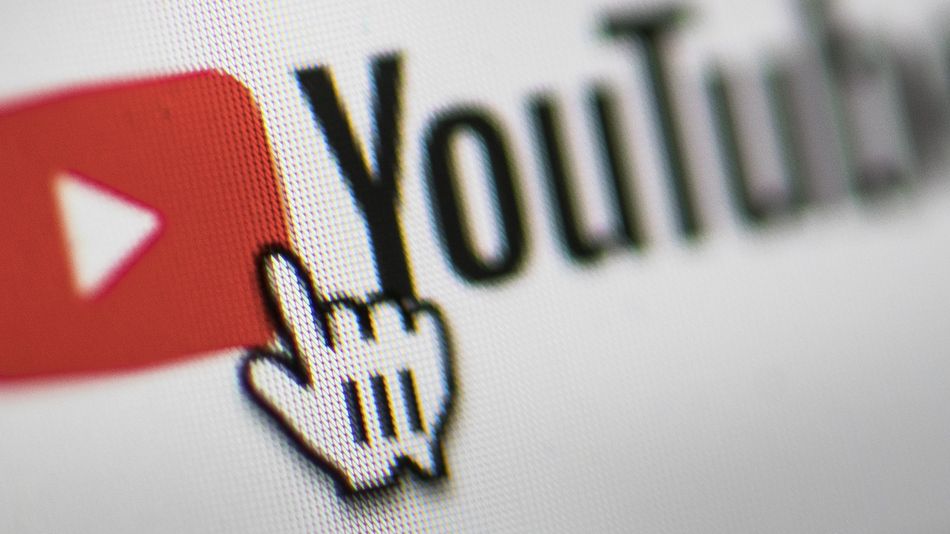This article is more than
4 year oldYouTube reverses coronavirus monetization policy

The Google-owned video streaming company has decided to allow some creators and news channels to monetize its coronavirus-related content. This update comes directly from YouTube CEO Susan Wojcicki in a letter posted to creators on Wednesday.
Just last week, YouTube began to demonetize videos that contained more than a “passing mention” of the coronavirus. The move was widely criticized by YouTubers in the health and news niches.
According to the company, the coronavirus falls under its “sensitive topic” guidelines that were rolled out to protect advertisers from having ads shown on content that could be possibly inappropriate content. This policy also helps prevent YouTube from capitalizing off of these sensitive events.
The move to change such a recent policy underlines just how the quick spread of the coronavirus outbreak has changed the conversations around the issue.
“Our sensitive events policy was designed to apply to short-term events of significant magnitude, like a natural disaster,” explains Wojcicki in her letter. “It’s becoming clear this issue is now an ongoing and important part of everyday conversation, and we want to make sure news organizations and creators can continue producing quality videos in a sustainable way.”
Under the latest update, ads will be enabled on a limited number of channels, including channels belonging to official YouTube news partners. Creators can also apply to YouTube’s self-certification program that allows them to submit their coronavirus related content to YouTube for an automated review for monetization privileges. If denied, a creator can escalate and request a human review for their video.
Social media platforms wrestled with how to deal with coronavirus content on its platforms. Facebook has banned advertisements trying to capitalize off of coronavirus fears. A number of tech industry conferences and events, such as World Mobile Congress, have been cancelled because of the outbreak.
YouTube’s reversal also comes on the same day the coronavirus was declared a pandemic by the World Health Organization. As the world’s second largest search engine, only behind its parent company Google, the video giant can play an important role in keeping the public informed and up to date.
Keywords
Newer articles
<p>Wang Yi tells Antony Blinken ‘disruptions’ could arise amid threat of sanctions over China’s support for Russia’s defence industry</p>
King’s Funeral Plans Dusted Off—as Health Remains a Mystery
Bill Maher's audience roars with laughter after he mocks Don Lemon to his face
Can Zendaya make the leap from tween idol to Hollywood heavyweight?
MAJOR ANNOUNCEMENT: Buck Palace updates on King Charles’ condition
What Weinstein Accusers Are Saying About the Shock Reversal
US Congress threatens ICC over Israel arrest warrants
Biden just signed a potential TikTok ban into law. Here’s what happens next
Doja Cat steps onto red carpet in lingerie
Tiffany Haddish Says Common Is the Only Celebrity She's Been 'Entangled' With, Claims He Chased Her for 2 Years
